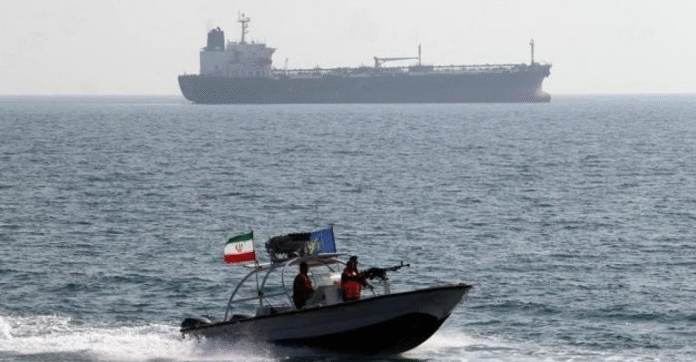U.S. bases on high alert, Gulf leaders urging restraint, and Iran threatening to close the Strait of Hormuz—where is the Middle East heading?
The latest escalation between Washington and Tehran has pushed the Gulf region into a heightened state of alert. Following what President Donald Trump described as the complete destruction of Iran’s key nuclear facilities using “massive bunker-busting bombs,” the specter of regional war looms larger than ever. While Gulf leaders are calling for calm, the silence of multilateral actors and the ambiguity of U.S. strategy raise troubling questions.
Is this merely another episode in a long history of brinkmanship, or are we on the edge of an uncontrollable spiral?
A Shockwave Beyond the Middle East
Leaders of the United Arab Emirates, Saudi Arabia, and Qatar—who hosted Trump during his recent Middle East tour—held emergency phone calls on Sunday, discussing the global and regional implications of this dangerous military escalation. According to state news agencies and regional sources, Saudi Arabia, the world’s largest oil exporter, is now on high security alert, while Bahrain has rerouted traffic and Kuwait has opened emergency shelters.
This is not just regional containment—it is an international security dilemma in the making.
Hormuz: The World’s Energy Lifeline at Risk
Among the most alarming developments is the potential closure of the Strait of Hormuz, a narrow waterway through which nearly 20% of global oil and gas flows. Reports suggest that Iran’s parliament may have approved such a move, pending final authorization from the Supreme National Security Council.
Is this a serious military option or a calculated threat designed to gain leverage in negotiations? Regardless of intent, the global markets are rattled, and energy security is once again under threat.
Washington’s Dual Strategy: Diplomacy by Detonation?
Trump’s declaration that Iran will face “even greater devastation” if it refuses peace talks reveals a deep contradiction: Can diplomacy truly be achieved through the language of bombs?
Is the U.S. aiming for a total Iranian capitulation, or positioning itself from a place of strength to negotiate a new regional order? The answer will shape not just the future of U.S.–Iran relations but also the balance of power in the wider Middle East.
Muted Global Response: Where Are the Mediators?
Despite the severity of the situation, major international actors—namely the European Union, United Nations, Russia, and China—have offered little more than muted responses. Is the global diplomatic architecture too paralyzed to intervene? Have multilateral institutions lost their relevance in the face of great power unilateralism?
Conclusion: A Slow-Motion Crisis or a Controlled Explosion?
This is not merely a crisis between two adversaries. It is a symptom of a deeper, systemic disorder in international governance. Gulf countries, hosting major U.S. military bases and sitting at the crossroads of global energy trade, may soon find themselves drawn into decisions not of their own making.
The key question now is:
Will the Gulf states assert a diplomatic role to prevent catastrophe, or remain reluctant spectators as history unfolds at their doorstep?




